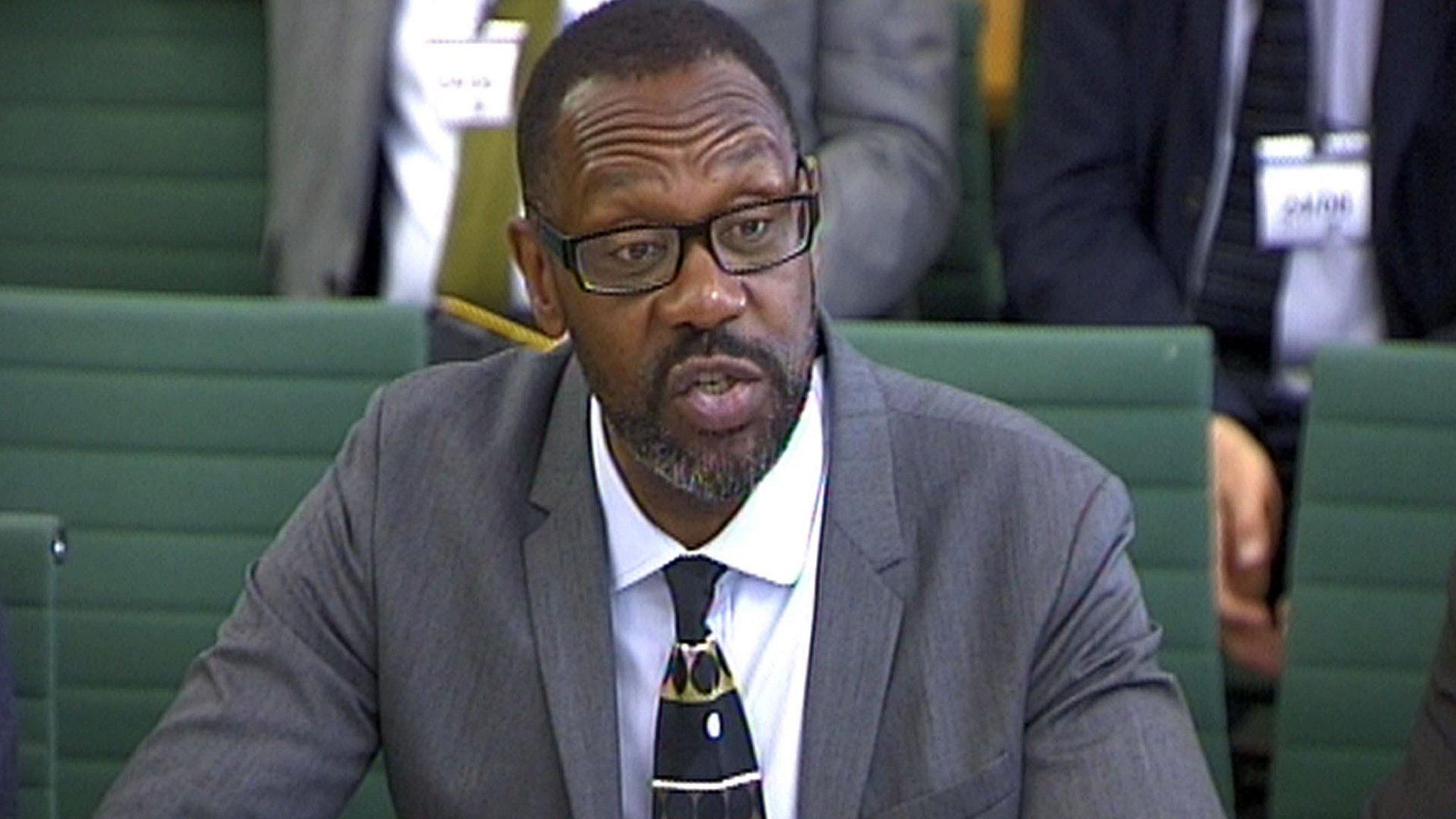EastEnders: 'No diversity quota' says boss
- Published
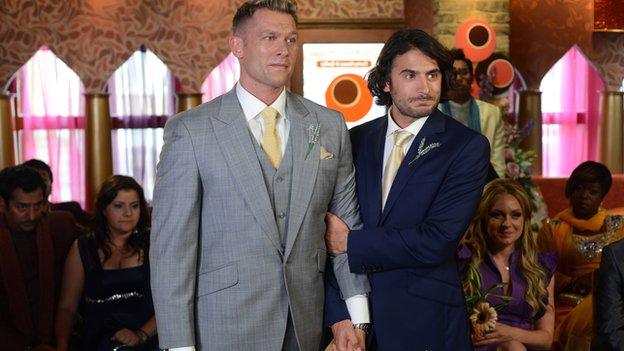
Mr Treadwell-Collins created the storyline in which Syed Masood (right) struggled with his faith and sexuality
EastEnders boss Dominic Treadwell-Collins has said he will not bring minority characters into the BBC soap just to fulfil diversity quotas.
He told the Radio Times defining such characters with plots around ethnicity, sexuality or disability would turn the soap into "a blancmange".
"The day I start box-ticking is the day I leave," he said.
Last year, the BBC Trust said the show "isn't a documentary and has to appeal to audiences throughout the UK".
Speaking last summer, Diane Coyle - the former acting head of the Trust - said "there are almost twice as many white people living in [EastEnders'] fictional E20 as in real life E17", adding that the corporation needed to step up its efforts to reflect contemporary Britain.
BBC director general Tony Hall announced plans last year to increase the BBC's diversity, pledging that 15% of on-air staff would be black, Asian, minority or ethnic (BAME) by 2017 - increasing it from the current 10.4%.
'Fight back'
Although EastEnders has not been told it must meet any target, Mr Treadwell-Collins said he would not adhere to one if asked.
"As soon as someone starts imposing editorial decisions, we fight back, because we know what we're doing," he said.
During his tenure at EastEnders, Mr Treadwell-Collins has overseen the introduction of two characters with disabilities, including market trader Donna Yates, in addition to a number of ethnic and minority characters.
He also created the storyline in which Muslim character Syed Masood struggled with his faith and sexuality.
Mr Treadwell-Collins also recently cast Richard Blackwood in the soap, describing him as "an authentic Londoner".
'Why not have quotas?'
Michael Buffong, a former director of EastEnders, and now artistic director of black theatre company Talawa, external, said that reflecting the diversity of an area didn't have to be a "box-ticking exercise".
"You can just do it because that's what it looks like," he told the BBC.
"This argument about diversity and representation has been going on so long - we've tried everything else, we've tried waiting - why not have quotas? At least there will be a change."
He said he would like to see greater representation on TV and across the entertainment industry as a whole. "The answer is make programmes more diverse. Give black actors roles - it's not an incredibly difficult formula."
Last month, Channel 4 announced its new diversity charter, external. As well as setting employment targets, it also includes guidelines to ensure "every new Channel 4 commissioned programme in every genre works towards increasing diverse participation on and off-screen".
Sky also announced last summer its commitment to 20% BAME representation in all new non-returning programmes and 20% BAME writers on all team-written shows.
- Published3 February 2015
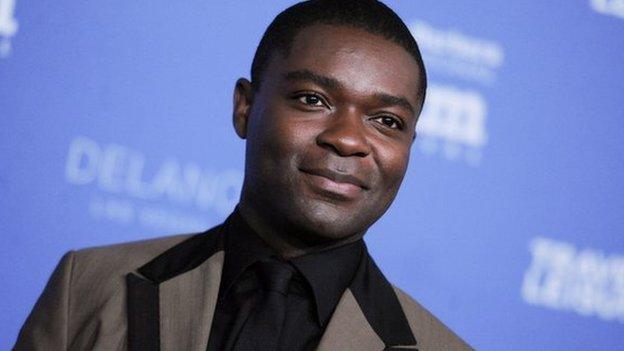
- Published19 January 2015
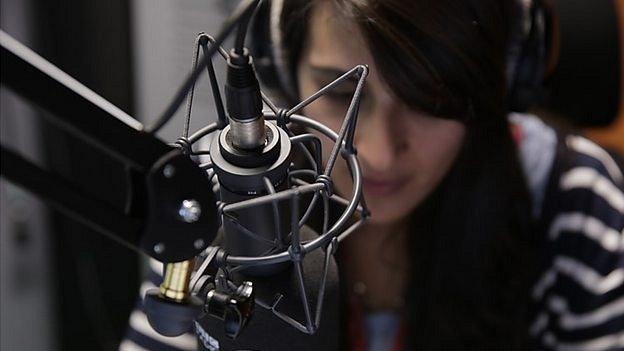
- Published18 January 2015
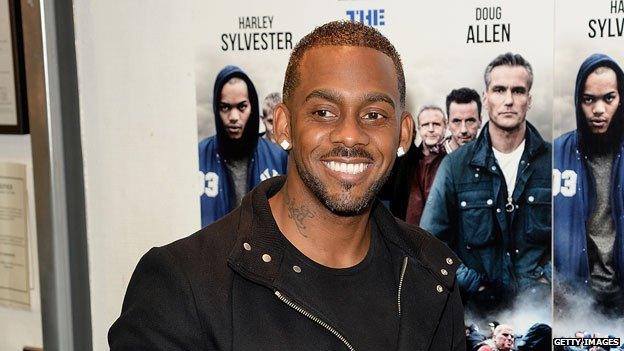
- Published20 June 2014
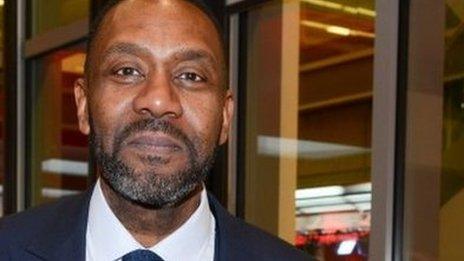
- Published24 June 2014
